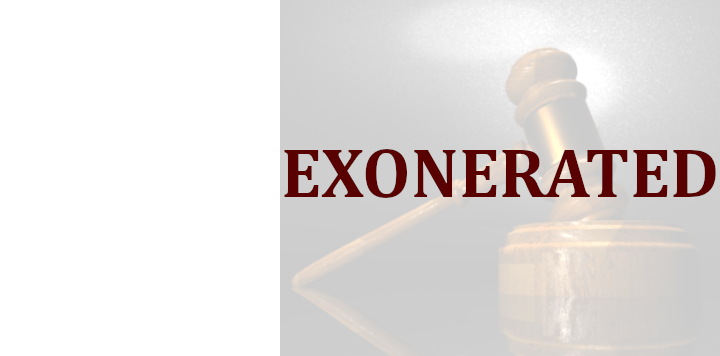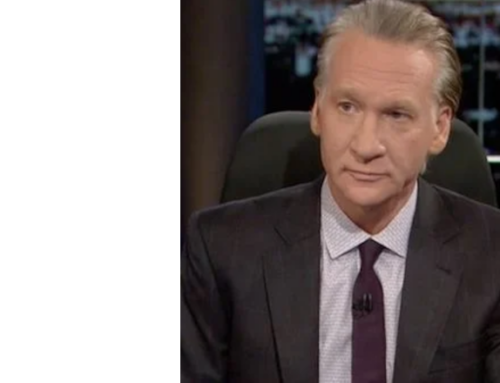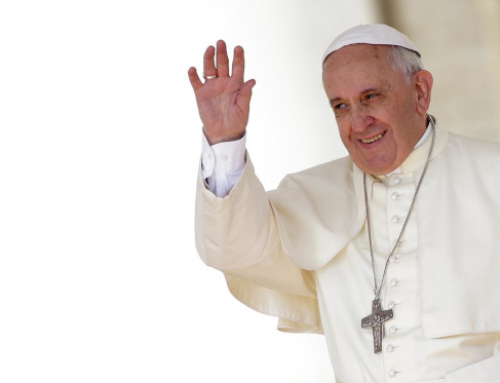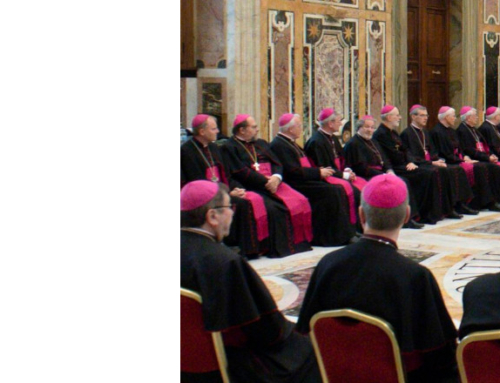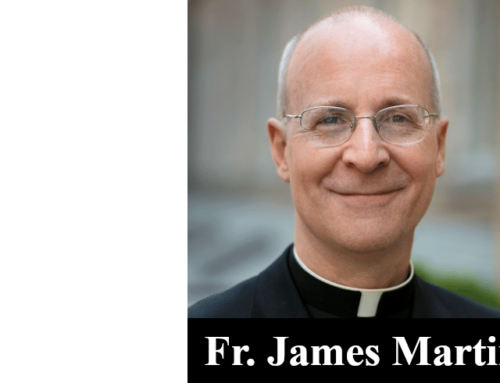Catholic League president Bill Donohue comments on a priest found not guilty of sexual abuse:
The due process rights of priests have long been a problem, and the latest case to demonstrate this verity proves just how serious the problem is.
In August 2019, an accuser came forward charging Fr. Robert Cedolia, a Pittsburgh priest, with sexual abuse in 1998; the alleged victim was 8-years-old at the time. The priest was accused of fondling the boy twice during a two week period, and both incidents allegedly occurred during the preparatory sessions for the boy’s first Holy Communion. Cedolia denied the accusations.
Cedolia was immediately removed from ministry and told to move off of diocesan property.
The diocesan Independent Review Board then began an investigation. Two years later, the panel found the charges against Cedolia to be without merit. During this period, the accuser never went to the cops.
However, in June 2021, once the diocese found the priest not guilty, the accuser decided to file criminal charges against him.
On November 14, 2022, Cedolia, 71, was found not guilty of all the charges.
One reason why the jury did not find the priest guilty is the fact that he was able to prove that there was only one Communion practice that year. Moreover, a video shows the interaction between the two parties, and it was routine.
In other words, the priest was immediately removed from ministry—before any evidence of wrongdoing—and it took two years before he was cleared by the diocese. Lots of questions remain.
Why did the accuser wait two years before going to the cops? Why did he wait until the diocese rendered its decision? What was he looking to get? Why did he field an attorney from Texas to do his bidding? Why did he obtain a lawyer before first filing criminal charges against the priest?
If the diocese had found Cedolia guilty, or if the panel was not entirely convinced, one way or the other, the accuser stood to rake in big bucks in a settlement. According to the priest, his accuser came forward only after he learned this could prove to be a cash cow.
“He did it for purposes of leverage—period,” said Cedolia. “End of story.” It’s hard to disagree with that assessment.
Those guilty of sexually abusing minors should have the book thrown at them. But the Catholic Church should not have due process strictures for priests that are any different than those afforded the employees of any other organization. This absurd condition is a result of the Dallas Charter, the reform document issued by the bishops’ conference in 2002.
In my book, The Truth about Clergy Sexual Abuse, I recount how this event unfolded, questioning the ethics behind a policy that removes an accused priest from ministry on the basis of a “credible” accusation. As Father Thomas Guarino, a Seton Hall professor, put it, “almost every accusation is deemed ‘credible’ unless the accused can prove that thirty years ago (and most accusations are from decades long past) he was on a different continent when the alleged abuse occurred.”
It is not a sign of virtue that the Catholic Church treats priests as guilty until proven innocent. It is a sign of injustice.
By the way, Fr. Cedolia has yet to be reinstated. He has to await a verdict by the Vatican.
He must have the fortitude of a martyr and the patience of a saint.


